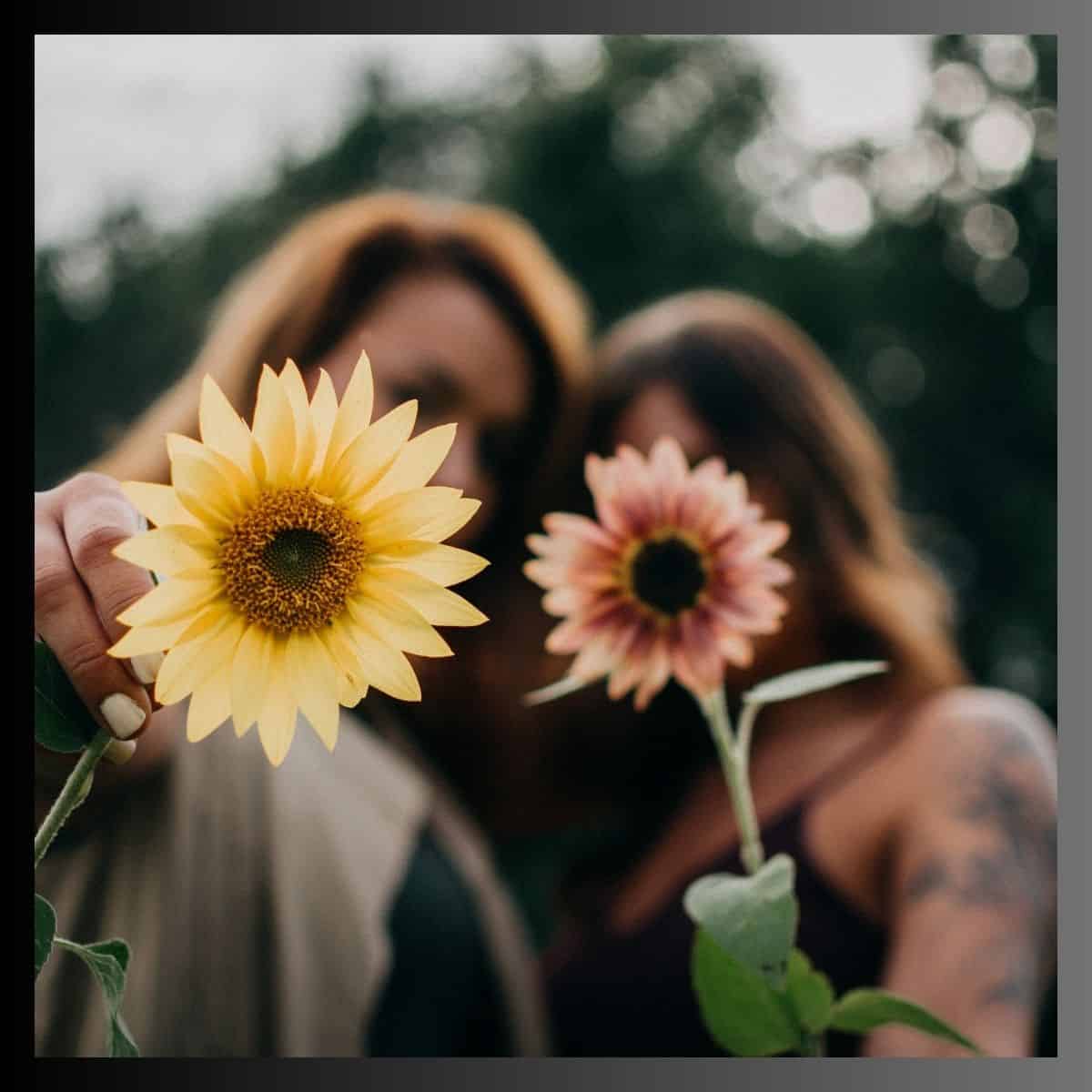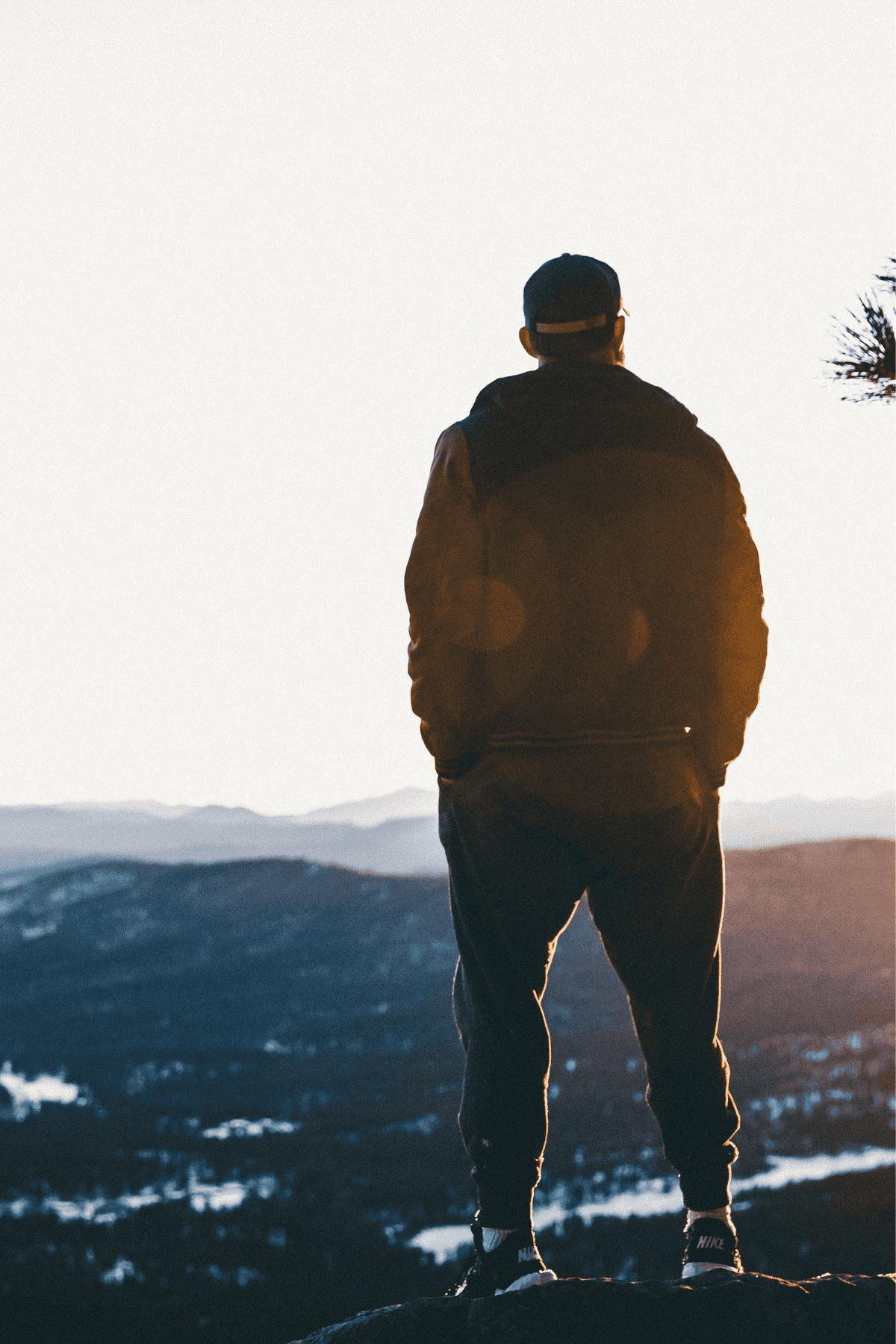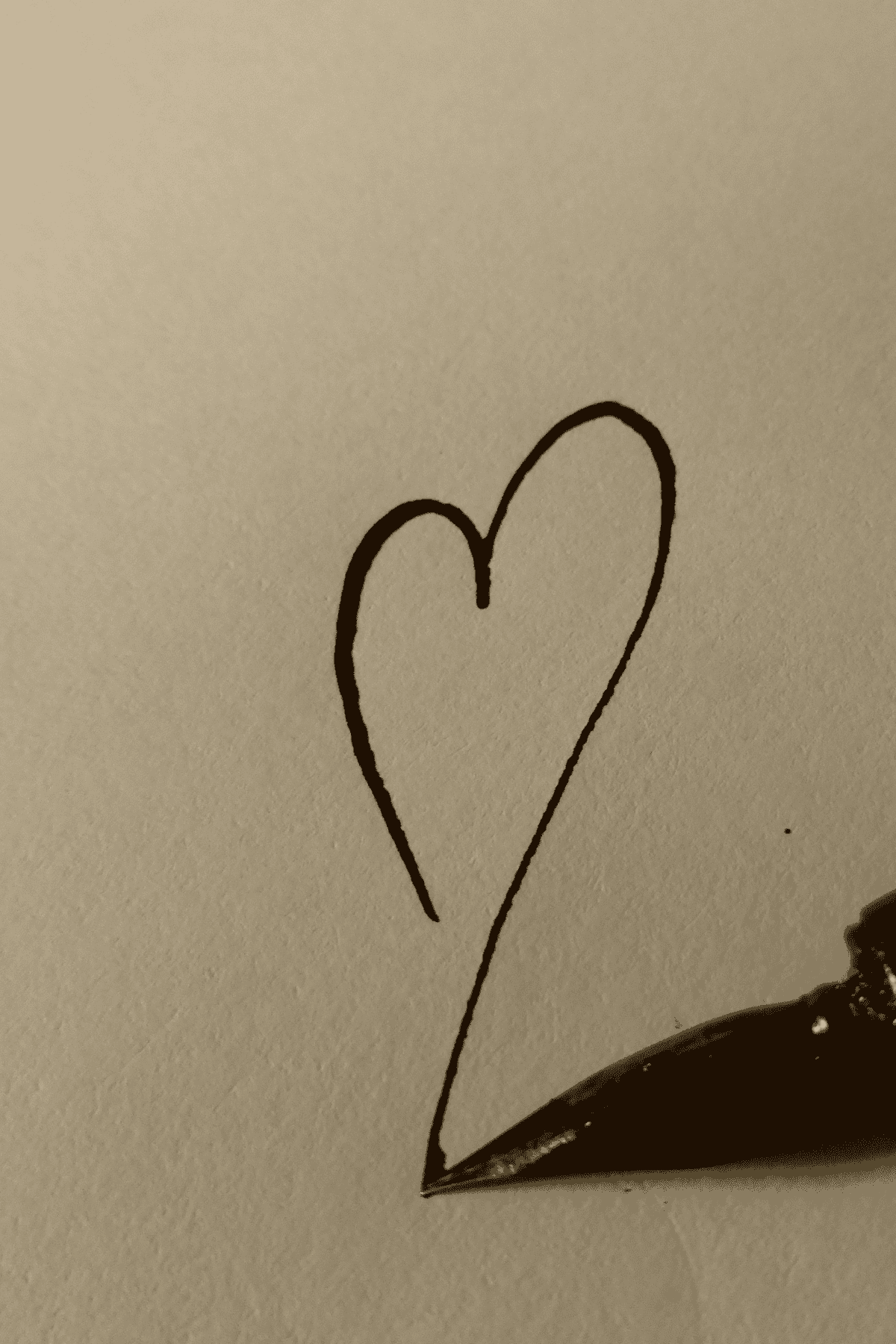What is a sharing circle?
A sharing circle is a platform that allows people to identify their feelings, and express them fully while exploring the art of sharing and listening
“In every civilisation, there’s been a tradition of people coming together in a circle and sharing what’s going on in their lives. Over the centuries, as we moved on to other things, we stopped gathering to talk about things, letting a lot of our minds go unprocessed until one fine day, we do not know what to do with it,” says Shivendra Prema Vaiyapuri who’s been conducting sharing circles for men since 2020.
The Coimbatore-based mental health advocate and co-founder of the online wellness community, Biraadari, was speaking of the relevance of sharing circles in today’s times. “The lockdown forced people to spend more time with themselves. People have started looking into their mental health patterns more proactively, and there’s also been a focus on family dynamics as the imbalances that were not clear in the past came out during the lockdown. After attending a few sessions, many participants have realised that they need serious therapy, and identified deeper problems. So, in a way, these sessions act as a stepping stone,” he shares.
A place for all
Kartik Selva, who’s been conducting listening circles at Lahe Lahe in Bengaluru since 2018, says he started this as a social experiment after personally feeling the need for such a space. “The fear of judgment stops people from sharing and speaking their mind. So, I wanted to create a space with a set of listeners who don’t judge in order to empower people to share their stories and speak their heart out,” says Kartik. Post lockdown, the number of inquiries and participants for the sessions have increased, he adds.
“The pandemic blurred the lines between people’s personal and professional lives. It gave rise to a host of uncertainties and bottled feelings. People want conversations, to connect with others who go through similar experiences and situations. So, we provide a space with people who will listen, where you can share stories that are happy, sad, eccentric, adventurous, or even a story with no point or a rant about something,” says Kartik.
The power of community
Holistic educators Karuna Jenkins and Sahil Raina started co-facilitating sharing circles at the Bangalore Creative Circus this January. “I have experienced how powerful it can be when people come together and share their inner worlds, thereby developing a sense of belonging. I believe that apart from food, air, and water, people have an emotional need for safety, belonging, and connection. In the urban space, people’s lives are individualised and therefore they don’t have a sense of community. So, being part of a space that provides an opportunity to share their inner worlds can be liberating, and even healing for some people,” says Karuna.
Hosting a circle? Keep in mind…
Here are some of Karuna’s guidelines for hosting a circle:
Make sure there’s emotional safety
Sometimes, sharings can get quite intense. Listeners can develop a tendency to sympathise, give advice or fix the issue. But it’s not a place for that. Just receive and respond in a way that resonates with you.
Where did it begin?
Talking circles aka peacemaking circles, is said to have come from the traditions of indigenous people of North America. The peacemaking circle aims to bring together individuals who wish to engage in conflict resolution, healing, support, decision-making etc, in which honest communication, relationship development, and community building are the desired outcomes.
Ubuntu is an African spiritual concept that looks at how one’s experiences in life are also part of another’s. The idea conveyed by this tradition is that people exist together and all people are connected and that one can only grow and progress through the growth and progression of others.
7% of the Indians suffer from mental disorders, according to the National Health Mission
13% of the world’s population suffers from health and substance use disorders
25% That’s how much global prevalence of anxiety and depression increased by in the first year of the COVID-19 pandemic, according to a scientific brief released by the World Health Organization.












